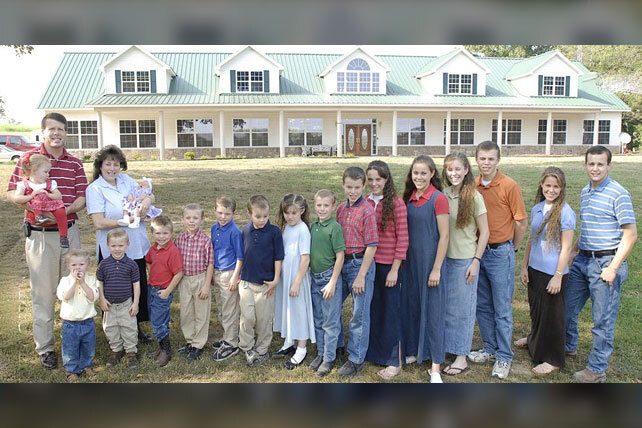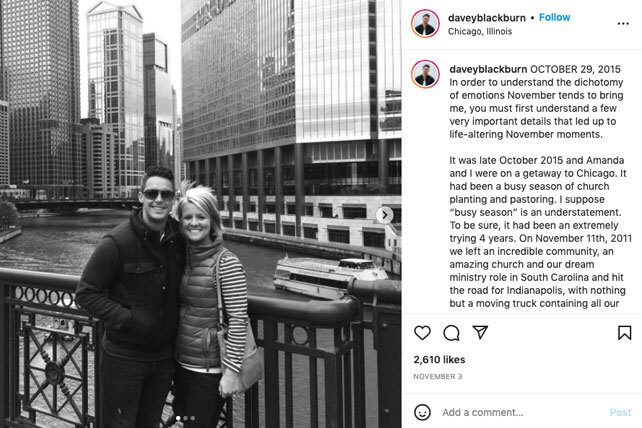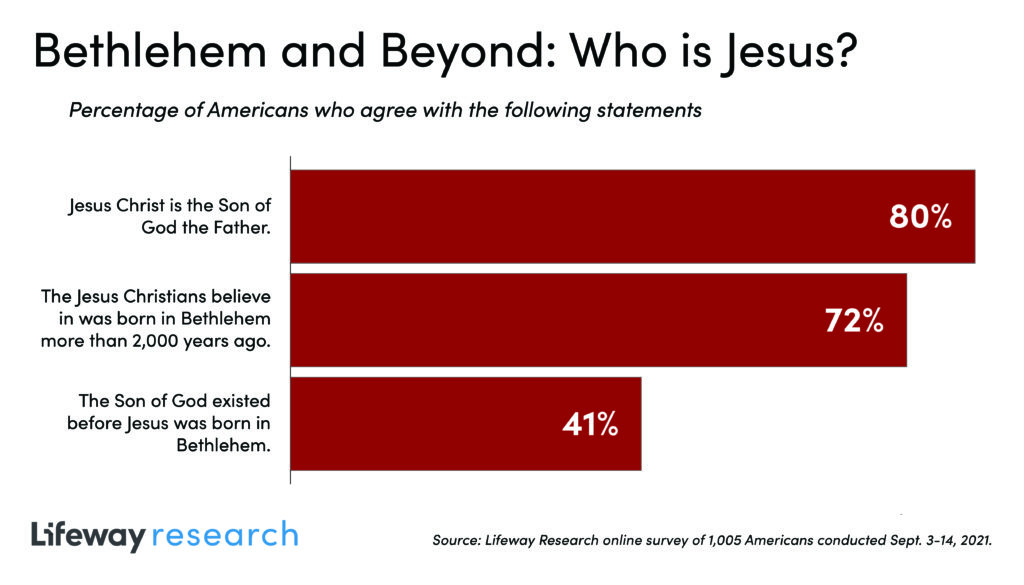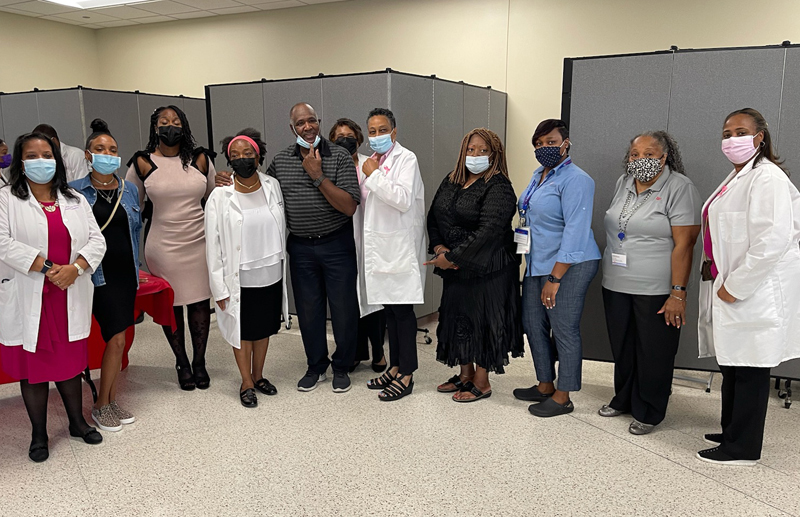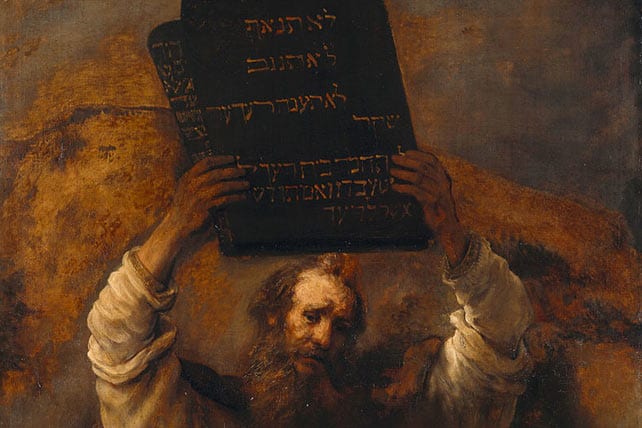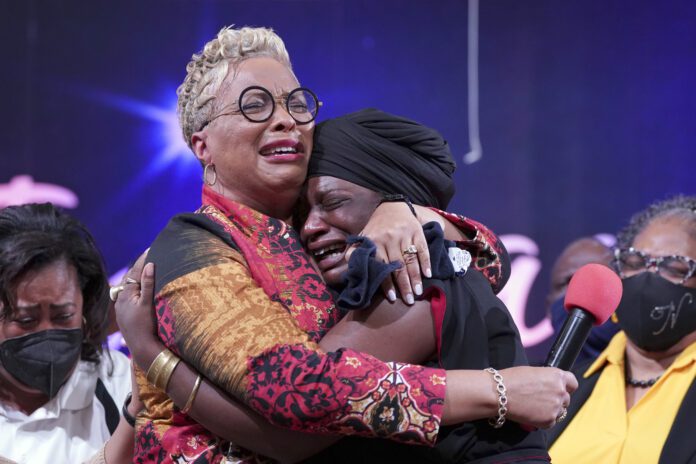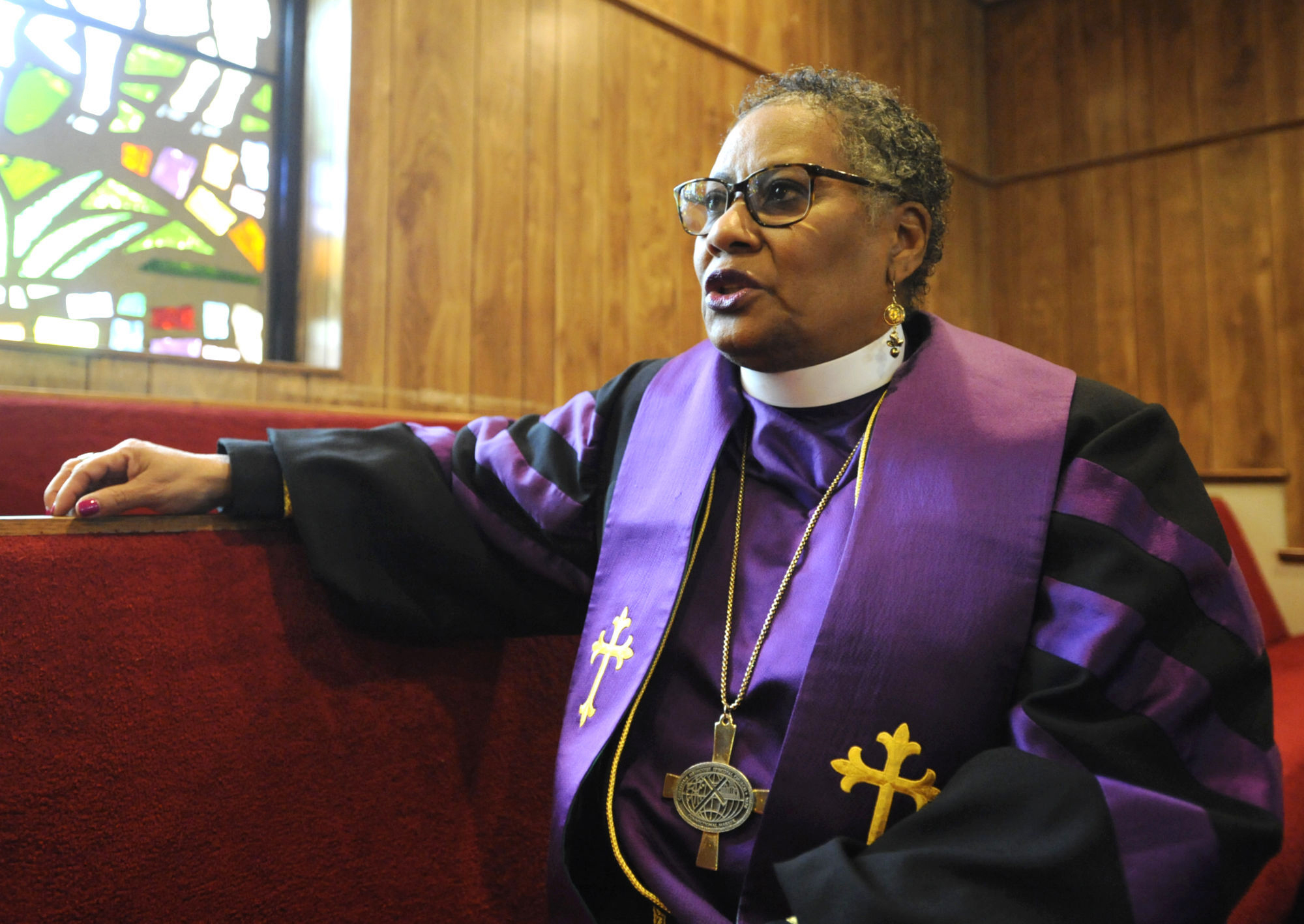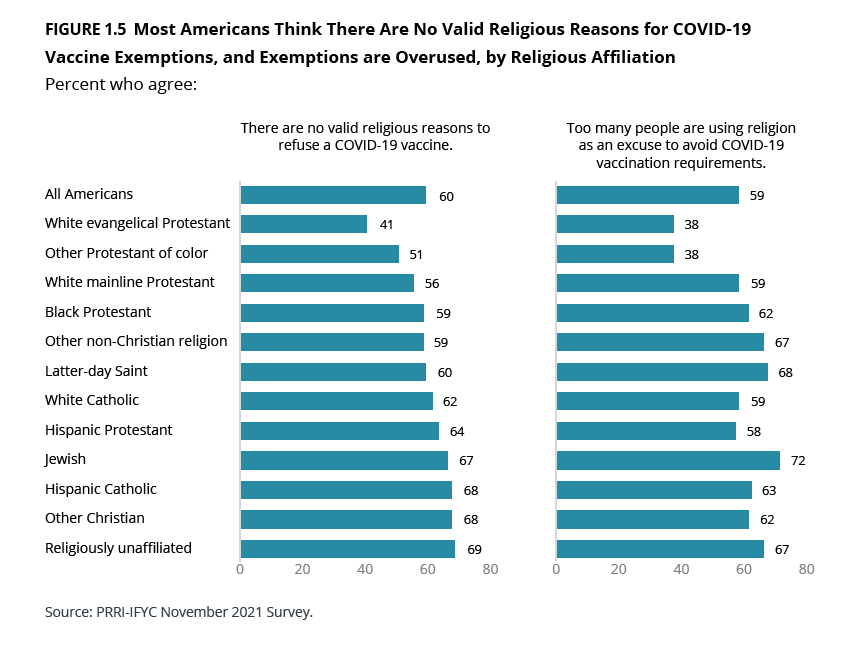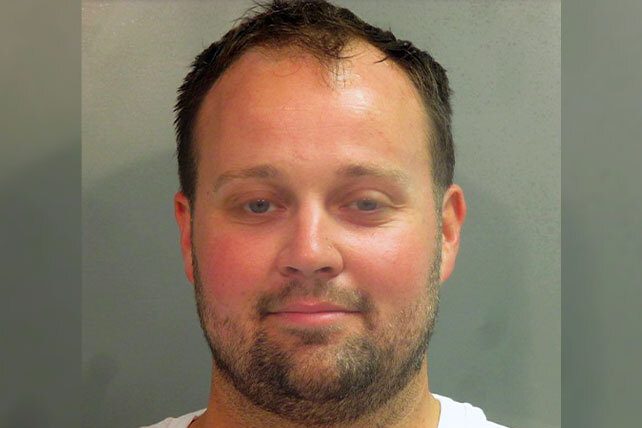Having encouraged hundreds of people over the years, I have discovered 10 great ways to give people hope. You need all 10 emotions in your “bag of hope” if you’re going to be effective. It’s not surprising to know that people are dying for someone to encourage them.
In high school I was the punter on our football team. I will never forget what my coach said during halftime of the game against our arch rivals: “If Follis keeps punting like that, next year he’ll be kicking for Kansas State or the University of Kansas.” Talk about affirming a young man in front of his peers. In the second half, I practically kicked the football to the moon.
After 30 years in the ministry, comments like this can still put me on cloud nine. Just the other day, I gave a pretty sharp presentation. My wife, a university faculty member, was the first to come up to me after my talk. “Baby,” she said, “that was great. You are absolutely at the top of your game. Most presentations I hear at the university couldn’t touch that.”
I love to hear words like that. And guess what? So do you. Nothing gives people hope like a dose of encouraging words delivered from the heart. In a world where selfishness and sharp words prevail, people are dying to hear encouraging words.
10 Ways To Give Someone Hope
-
Give people hope with acceptance.
The need for acceptance is met when we willingly and unconditionally love someone. Can you look beyond a person’s faults and still care for them? There’s not a better way to give a person hope than by accepting them for who they are, not for what they do.
2. Give people hope with love.
The need for love is met by expressing care through physical touch and tender words. Tell people you love them. Tell your spouse, your children and your colleagues. Tell people in the hospital, at weddings, at funerals. Try calling someone today and say, “I wanted to give you a quick call to tell you thank you for being part of our church family and for being a good friend. I love you, and I’m proud to call you friend.”
3. Give people hope with appreciation.
The need for appreciation is met through expressing thanks and praise, especially in recognizing someone’s accomplishments. I recently heard a senior pastor praise the youth pastor in front of the congregation about his summer program, and the young pastor was beaming from ear to ear.
4. Give people hope with approval.
The need for approval is met by building up or affirming a person and acknowledging the importance of the relationship. An employer I know called out a young man in an employee meeting: “Josh, the way you organize the storeroom has made everybody so pleased. We can find things now. You are making everybody’s work so much easier. Thank you so much.” The boss made a big deposit.
5. Give people hope with connection.
The need for connection is met when we enter another person’s world. There is no substitute for spending time with someone. And it’s not just time—it’s time and really listening to people from your heart. If you will truly listen to someone, whether they are happy or sad, they will feel blessed. Pastor David Augsburger says, “Being heard is so close to being loved that for the average person, they are almost indistinguishable.”
6. Give people hope with comfort.
The need for comfort is met by responding to people with appropriate words and physical touch. If a person is grieving, there really are only two things to say: “I’m so sorry,” and “I love you.” Place your hand on the shoulder of a person in pain and tell that person you’re on his side.
7. Give people hope with encouragement.
The need for encouragement is met by urging people to hang in there, to persist toward the goal they so want to achieve. Send notes, phone someone, pray with someone, take someone to dinner or a movie. People are dying for someone to say, “I’m so proud of what you are doing. You make this world a better place to live in.”
8. Give people hope with respect.
The need for respect is met by honoring and regarding people as important. Do you show deference to your spouse’s opinion? Do you listen to your children? Do you respect people’s time? Do you respect people from different backgrounds and religions?
9. Give people hope with protection.
The need for protection is met when we establish harmony in relationships and show people they are free from fear or threat of harm. Are those for whom you are financially responsible secure in knowing that you will provide for them? Do you relate to people in a consistent way? Do you treat your employees the way you want to be treated? Do people know what to expect from you? Can they read you?
10. Give people hope with support.
The need for support is met when you come alongside someone and give them your complete attention. Anticipate and notice when someone is experiencing periods of stress. Are you willing to use your personal resources to help someone, if need be?
None of these 10 means you will have fewer problems in your relationships. They don’t mean you won’t have to have hard conversations or set clear boundaries or keep forgiving those who hurt you.
Real encouragement seems to always happen right smack in the middle of life’s messes. Writer Peter Scazzero is right in saying, “Jesus modeled incarnating love when He took on flesh, entered our world and walked in our shoes. His love compelled Him to cross two worlds, heaven and earth, and live among us. In order for us to love others as Jesus did, we too need to cross into other people’s worlds, enter life in their shoes, while holding on to our own world as well.”
Church father Tertullian writes in Apology that the heathens said of the believers, “See how they love one another.” Love compelled Jesus, and love remains the most compelling force in life. Cross over into someone else’s world with real love. What you have to give may be the encouragement for which they have long been hoping.
This article originally appeared in Cutting Edge magazine. Reprinted by permission.


